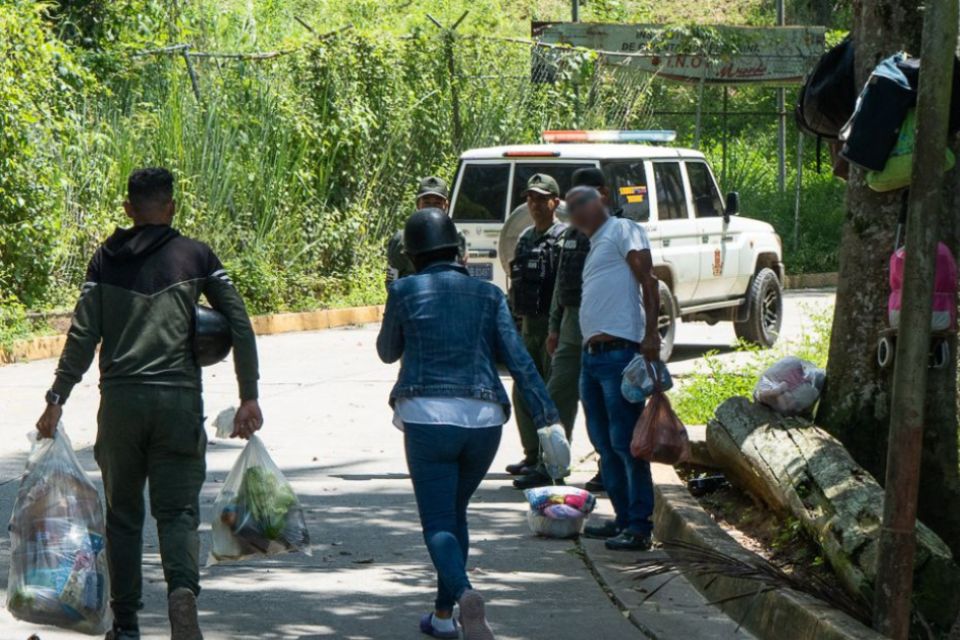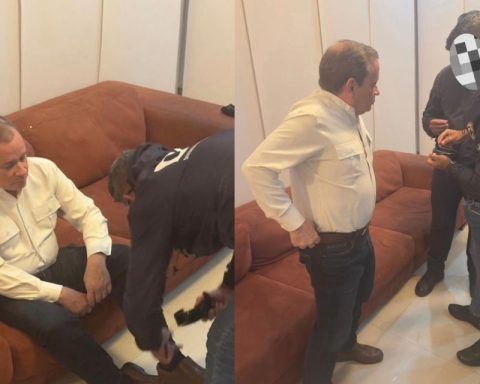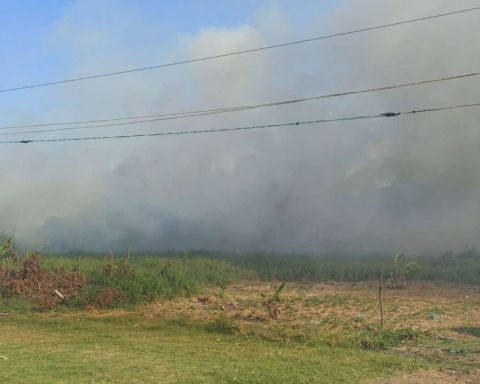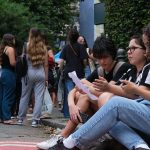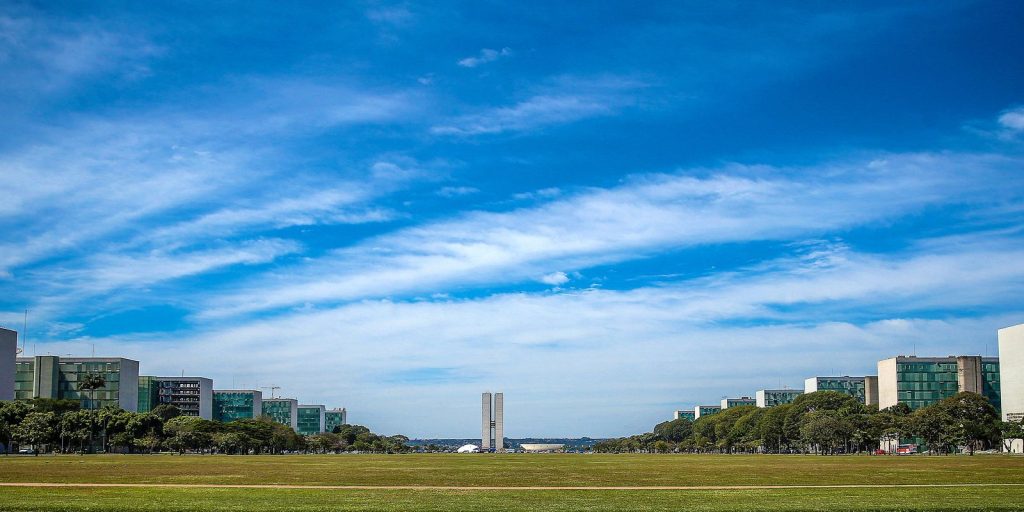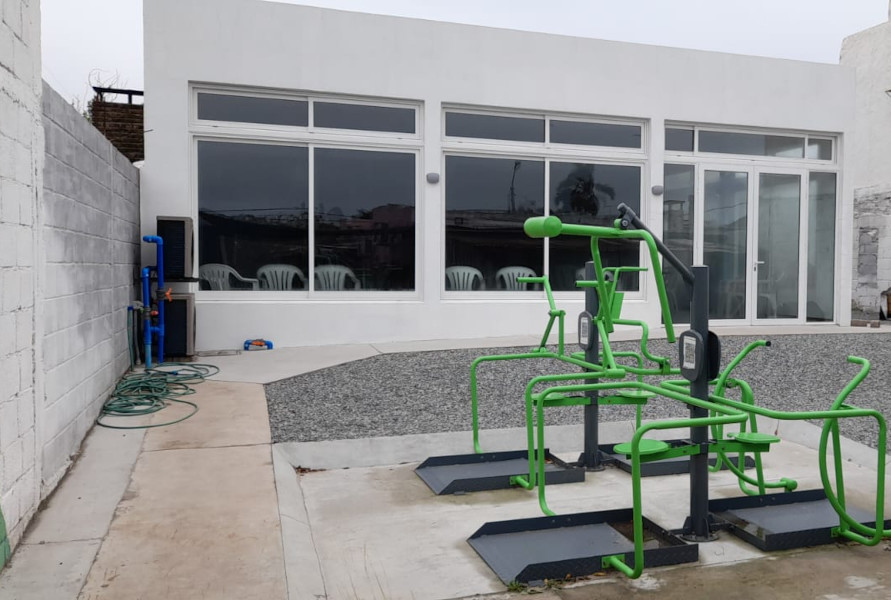In it The National Institute for Female Orientation (INOF) in Los Teques charges between $40 and $50 per month for the “cause.” Relatives estimate that they spend a minimum of $200 on food, cleaning and hygiene products, in addition to transportation costs. They claim that each guard imposes who can or cannot enter on visiting day, which complicates the feeding of the detainees.
María* has no choice but to return home with part of the diet (food) that was not accepted on Monday, September 2, at the National Institute for Female Orientation (INOF) Los Teques, the largest women’s prison in the country and, therefore, the most overcrowded according to the Venezuelan Prison Observatory.
For 11 years, she has been visiting her sister, who is involved in theft, at the INOF. She complains that this time, unlike the last few months, they did not let her bring in oil, a dozen eggs, easy dough and some bananas that she brought as part of her weekly meal.
“That’s what the guards are like, they go through whatever they want,” says Maria, who comes from Guatire and spends at least $200 a month to be able to guarantee a little comfort in a prison where, according to OVP estimatesthere are more than 650 women detained for various reasons.
The refusal to accept certain foods is seen as part of the consequences of the search on September 29. “But they took everything from them, everything. Here you have to pay even for water because the water that comes here cannot be consumed, it makes you sick. They only let in a five-liter bottle, how do they expect a woman to spend a week with that? I drink that in one day,” says Juan*, who waits for his wife and daughter to leave the visit.
*Read also: «The worst cruelty against prisoners», say relatives about searches at INOF
Juan comes from the state of Portuguesa to see his daughter, a first sergeant of the National Guard allegedly involved in an act of corruption in the east of the country. Just like his wife, who separated some French fries and a chicken to share during the three-hour visit, he assures that the soldier is innocent.
“She was tricked and she is the only prisoner, it’s like a political case. There are innocent girls here. We come when we can, sometimes every two months because how can we do it? It’s difficult to get around, we spend 50 dollars each on the fare alone, plus food,” says Juan’s wife.
Her other daughter, Patricia*, adds: “Starting tomorrow we will start to save things for the next visit, things that don’t spoil, biscuits and things like that.” Various foods can be brought into the INOF, but everything must be in containers or transparent bags, marked with the name of the detainee. The same goes for the hygiene and cleaning items they bring.
For the visit, they must also wear a white shirt, underwear of the same color or beige, as well as jeans blue and open sandals or failing that, beach or flip-flops crocs. From 6:00 am, people begin to gather at the curve that leads to the prison, except on weekends, and they line up to be able to enter.
The luckiest detainees receive visits every week. Others have not seen their relatives in months or years for various reasons, mainly economic. According to several relatives, they can spend between $200 and $400 a month depending on how much they bring and the frequency of visits.
This expense includes “the cause,” a kind of vaccine for which they must pay between $40 and $50 per detainee. They can pay it in cash or in bolivars, the latter at the rate imposed by the parallel market and the person receiving the money. Where does that money go? They prefer not to say.
“Sometimes, if one can, one brings them something to share. My niece tells me ‘bring them a bread roll, a cake’. I do what I can because I come from Valencia and I can’t carry so much weight,” says Josefina*, who has a niece linked to a political case who has been imprisoned for two and a half years in the INOF.
According to some human rights organizations, there are 13 women in this prison for political reasons: Emirlendris Benitez, Yanin Pernia, Maria Auxiliadora Delgado, Yosida Vanegas, Marifrancys Marcano, Karen Gomez, Ana Maria Pernia, the sisters Yolimar and Andreina Aleman, Jennifer Osuna, Aidaliz Guarisma Merida, Peggy Morales and Vicmarys Oropeza.
Josefina had to take on not only her niece’s visits, but also the entire legal part. “She was taken to trial without a preliminary hearing.” She also complains about the excesses of the last search. “She has several health problems and with a lot of effort they bought her medicines for her blood pressure, for her thyroid and these people (GRIC) come and steal her, they throw her out. Do you think that is fair?”
Like other relatives, she also calls on the Minister of Penitentiary Services, Julio García Zerpa, to go to the prison and guarantee the basic rights of all the detainees. “How is it possible that the mothers were denied milk and food? Those children there, seeing all this, don’t they have any rights?”
Another difficult issue in a women’s prison is menstrual hygiene products. During this visit, each detainee was only allowed to bring in 10 sanitary pads. What woman can afford that? asks Mariela*, the sister of a detainee in one of the three areas searched last week.
Mariela says that, in addition to food, this time she had to bring “everything new. Some towels, some flip-flops because they threw them away, three pairs of panties, and we’ll see if they let them in. Last time they only let two in. They ask you why so many, that it’s not necessary. Why should the guards get involved with that? What they have to do is ensure the safety of the prisoners in there.”
*The names of the family members were changed at their request to protect their identity.
Post Views: 159
